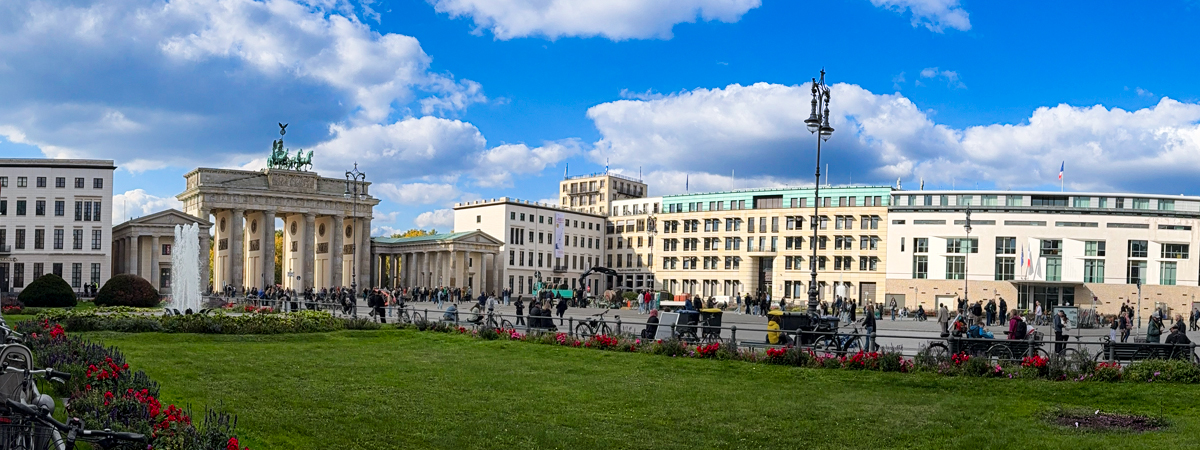Moving to Germany means learning a new language – and a lot of official terms.
When you relocate to Germany, you don’t just adapt to a new culture – you also face a whole new vocabulary of official words. Some of them sound intimidating, but once you understand what they mean, the entire process starts to make sense.
Here are a few of the most common German bureaucracy terms you’ll come across early in your relocation journey – explained clearly and simply.
1. Anmeldung
Your address registration – and the first (and arguably most important) step after moving to Germany.
You’ll need to register your address at the Bürgeramt/Bürgerbüro (citizens’ office) within 14 days of moving in.
It’s required for almost everything: opening a bank account, getting health insurance, or even signing up for internet.
You’ll need to register your address at the Bürgeramt/Bürgerbüro (citizens’ office) within 14 days of moving in.
It’s required for almost everything: opening a bank account, getting health insurance, or even signing up for internet.
Pro tip: Book your appointment as soon as you know your move-in date – slots can disappear fast.
2. Meldebescheinigung
After you complete your Anmeldung, you’ll receive this document confirming your registered address.
It’s small but essential – you’ll often be asked for it by banks, landlords, and employers.
Keep a few copies handy; it’s one of those documents you’ll use more often than expected.
It’s small but essential – you’ll often be asked for it by banks, landlords, and employers.
Keep a few copies handy; it’s one of those documents you’ll use more often than expected.
3. Aufenthaltstitel
Your residence permit – the card proving your legal right to stay in Germany.
If you arrive on a visa, this is what you’ll apply for at the Ausländerbehörde (Foreigners’ Office) once you’re in the country.
Depending on your purpose (work, study, family reunion), different residence titles apply.
If you arrive on a visa, this is what you’ll apply for at the Ausländerbehörde (Foreigners’ Office) once you’re in the country.
Depending on your purpose (work, study, family reunion), different residence titles apply.
4. Steueridentifikationsnummer (Steuer-ID)
Your tax identification number, (supposed to) automatically sent by post after your Anmeldung.
Your employer needs this to pay your salary correctly. It’s valid for life – even if you leave Germany and return years later.
Your employer needs this to pay your salary correctly. It’s valid for life – even if you leave Germany and return years later.
5. Krankenversicherung
Health insurance – one of Germany’s favorite topics.
It’s mandatory for everyone living here, and you can choose between gesetzlich (public) and privat (private) health insurance.
Your choice depends on your income, employment status, and visa type – and getting this right from the start will save you a lot of paperwork later.
It’s mandatory for everyone living here, and you can choose between gesetzlich (public) and privat (private) health insurance.
Your choice depends on your income, employment status, and visa type – and getting this right from the start will save you a lot of paperwork later.
6. Terminvereinbarung
Literally, appointment scheduling.
In Germany, most administrative services require an appointment (Termin). From registration to visa applications, walk-ins are rare.
If you can’t find a slot online, try checking early in the morning – that’s when cancellations are often released.
In Germany, most administrative services require an appointment (Termin). From registration to visa applications, walk-ins are rare.
If you can’t find a slot online, try checking early in the morning – that’s when cancellations are often released.
Want to understand all the terms?
These are just a few of the 50+ words you’ll hear while settling in Germany.
If you’d like a complete, easy-to-read glossary with practical examples and document checklists, check out our Relocation Jumpstart Kit – available in our shop.
It’s your all-in-one guide to understanding German bureaucracy – and starting your new life with confidence.



